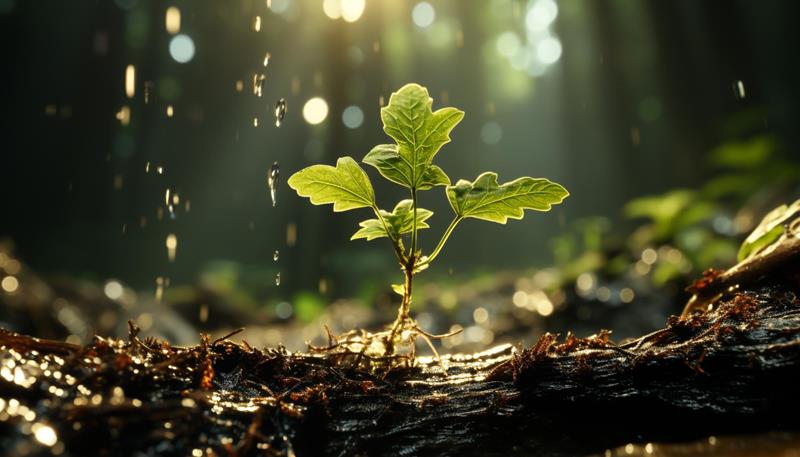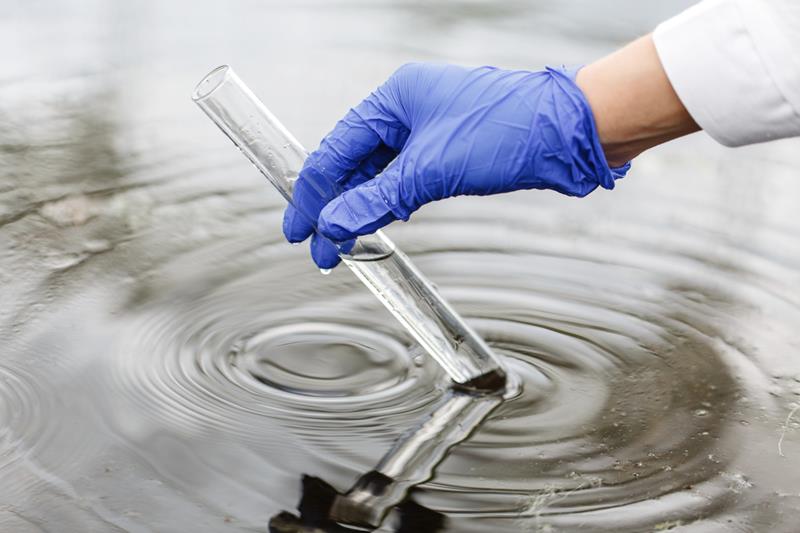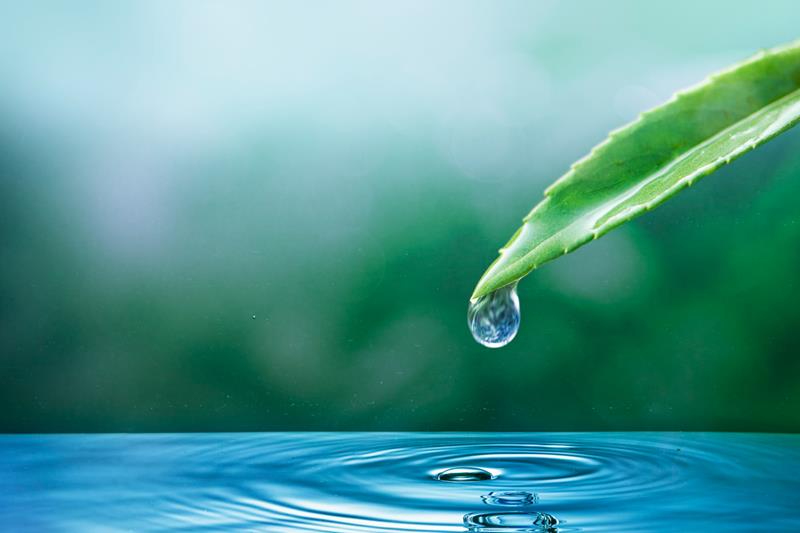Water and its importance for the planet
Water is the source of life on Earth, a great natural value, covering 71% of the surface of our planet, the most common chemical compound and a necessary basis for the existence of all life on the planet. It has no smell, taste or color. It contains no calories or nutrients. But, at the same time, it is the basis for the life of many organisms.
Properties of water
Water is an excellent solvent due to its properties. That is why it is almost impossible to find absolutely pure H2O in nature without impurities, since it will contain various components. In addition to beneficial elements, water may also contain heavy metal salts, dirt particles, as well as bacteria and viruses, which can cause serious health problems.
It is also worth noting the high heat capacity of water. This property allows it to absorb and release significant amounts of heat without undergoing significant temperature changes. It is this ability that plays a key role in regulating the climate on Earth, which helps maintain a stable temperature regime.
The importance of water for the planet
Water is an amazing substance with many unique properties. For example, it is the only known substance that can exist in three states: solid, liquid and gas, depending on temperature and pressure.
The role of water in nature cannot be overestimated. Microscopic organisms, even the smallest of them, could not exist without this important resource. Water plays a key role in various processes on Earth, ensuring the life of all organisms. Water formations on land influence the climate in surrounding regions. Thanks to the high heat capacity of water, a comfortable temperature regime is created that supports the diversity of life. Water actively participates in photosynthesis, contributing to the production of oxygen. This integral component of the earth’s biosphere is the initial condition for the origin and evolution of life in its current form.
It is important to remember that water is a limited resource. Fresh water makes up only 2.5% of the total water on Earth. This means that over time, the need for fresh water and water scarcity will become a serious problem throughout the world.
The importance of water for plants
Water makes up up to 95% of the mass of plants; all life processes take place in it or with its use. Therefore, water is a necessary condition for the life of the body. When there is a lack of water, the plant’s metabolism is disrupted.
Aqua transports all the nutrients and minerals within the plant. The process of seed germination directly depends on whether there is enough moisture. In photosynthesis, water performs an important function. Its solutions, filling the cells and the spaces between them, maintain the elasticity of the plant, which allows it to maintain its shape.
As a result of the constant absorption and evaporation of water in the plant, there is a constant water exchange, which includes three stages: the absorption of water by the roots, its movement through the vessels of the conductive tissue, and the evaporation of water by the leaves. The flow of water goes through all the organs of the plant. This unites all the organs of the plant, transports various compounds, and nourishes the cells with water.

The importance of water in human life
The role of water in human life is no less important. And this is easy to prove with a simple example. Suffice it to say that the body of each of us contains approximately 70-80% water. And it is everywhere: from the brain to muscle tissue.
Water and people are inextricably linked with each other. Without it, people simply would not survive as they use it throughout their lives. We use it to quench thirst, prepare bathing food, etc. Every day we lose a certain amount of water – depending on the air temperature, the specifics of work activity and other parameters.
In the human body, water plays a key role in performing various functions. It provides hydration of oxygen necessary for breathing and also regulates body temperature. Water promotes nutrient absorption and protects vital organs. In addition, it performs the function of lubricating joints and is actively involved in converting food into energy. By participating in metabolism, water also helps the body eliminate various wastes. Thus, water in the human body performs many important tasks, supporting its vital functions and ensuring optimal functioning.
How does dehydration threaten the body? The gastrointestinal tract is primarily affected. This process is accompanied by a number of negative consequences, such as deterioration in the absorption of nutrients, disruption of the production of mucus responsible for protecting the lining of the stomach, the development of gastritis and peptic ulcers, as well as difficulty in the synthesis of enzymes. Dehydration also poses a threat to kidney function, contributing to inflammation and the occurrence of urolithiasis. Lack of fluid in the body has a catastrophic effect on the cardiovascular system, brain and general blood circulation.

Water pollution
A person without access to drinking water dies on average in 3-4 days. Researchers have determined that the total number of clean sources on the planet is continuously declining. In just a few decades, this will become a real problem for residents of megacities. What are the causes of environmental pollution? The main sources of water pollution are divided into 2 types: natural and anthropogenic.
The first category includes problems caused by various natural phenomena, such as volcanic activity or the accumulation of a large volume of waste products of microorganisms and large creatures living directly in or near a reservoir.
The second category includes anthropogenic factors of water pollution – directly related to human activities. They have a significantly more powerful negative impact on rivers and lakes, polluting them more in a few years than what happens in natural conditions over centuries. The greatest harm to the environment is caused by industrial, household and agricultural waste.
Extremely dangerous types of water pollution not only for humans, flora and fauna, but also for the ecosystem as a whole are those in which toxic compounds enter the reservoir. Such events trigger a whole chain of dangerous processes and threats, as a result of which contaminated water infects fish and plants, and the spoiled organic matter is then consumed by people and animals.
Technological protection against water pollution in the form of water and wastewater treatment allows you to get rid of negative consequences and prevent possible risks. Using special chemical reagents, it is possible to disinfect large volumes of liquid, as well as form sediment in it and glue microparticles of dirt into large compounds, which are then easily retained by modern filtration units.




